Jaekel house has been on my list of places to visit since last year. Immaculata from Instagram sent me a link to a lecture on the Nigerian railway; past, present and future and I made sure going there got bumped up on my to-do list.
I was finally able to go a few weeks ago and it was such a good experience. Jaekel house was built in 1898 to house the first general manager of the Nigerian Railway. Currently, it is a mini-museum of the history of the Nigerian Railway maintained by Legacy 1999 an organization that is committed to preserving Nigerian history. It is named after Francis Jaekel who was the superintendent of the Nigerian railway. He wrote texts on the operations of the railway that are said to still be in use today. Jaekel house is located in the Nigerian Railway Compound, Ebute Metta.
I visited with my friend Osayuware and we both paid 500 naira each for the tour and 1000 naira for permission to take pictures. Mr Adewale is the tour guide and museum custodian.



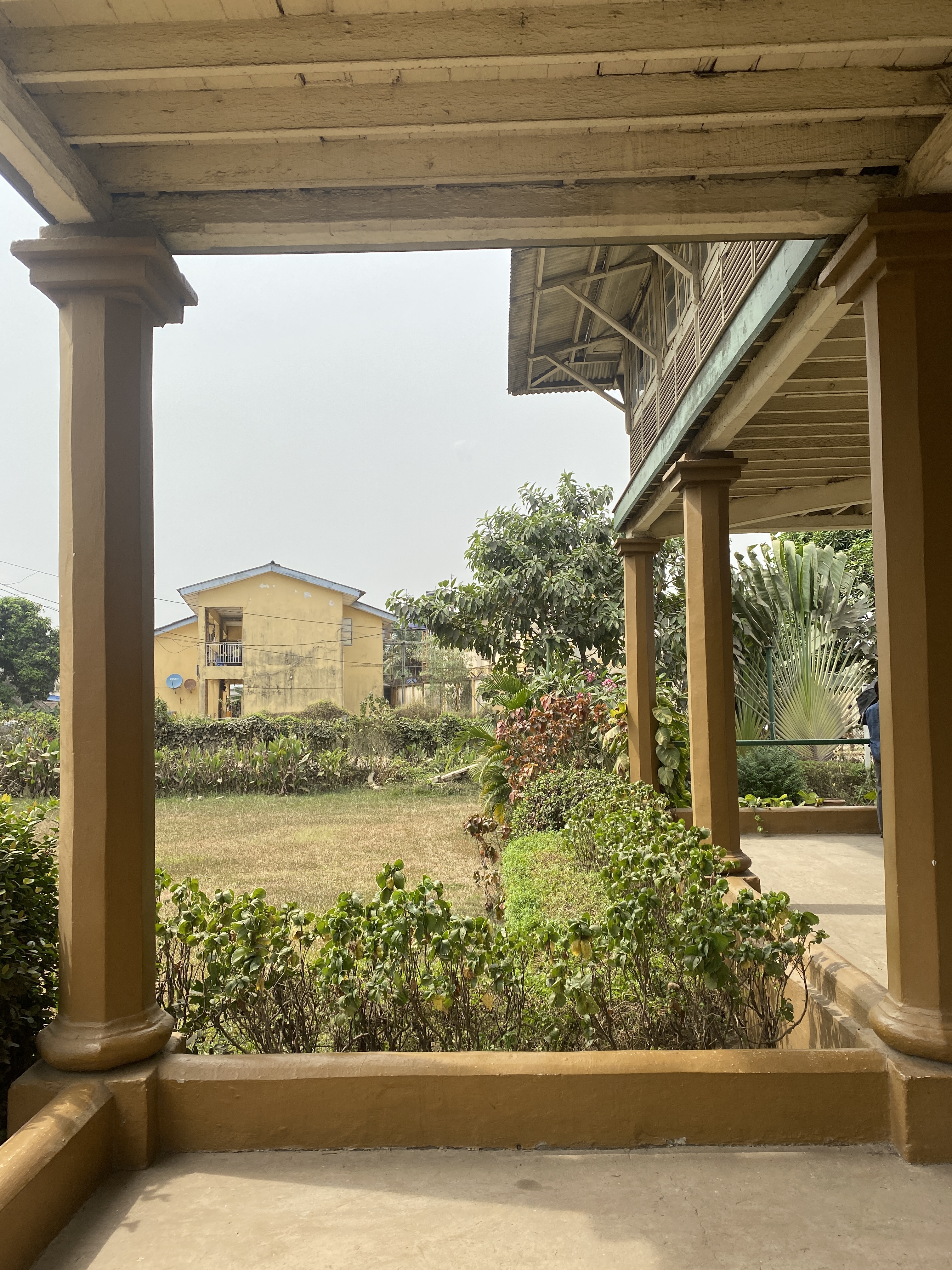
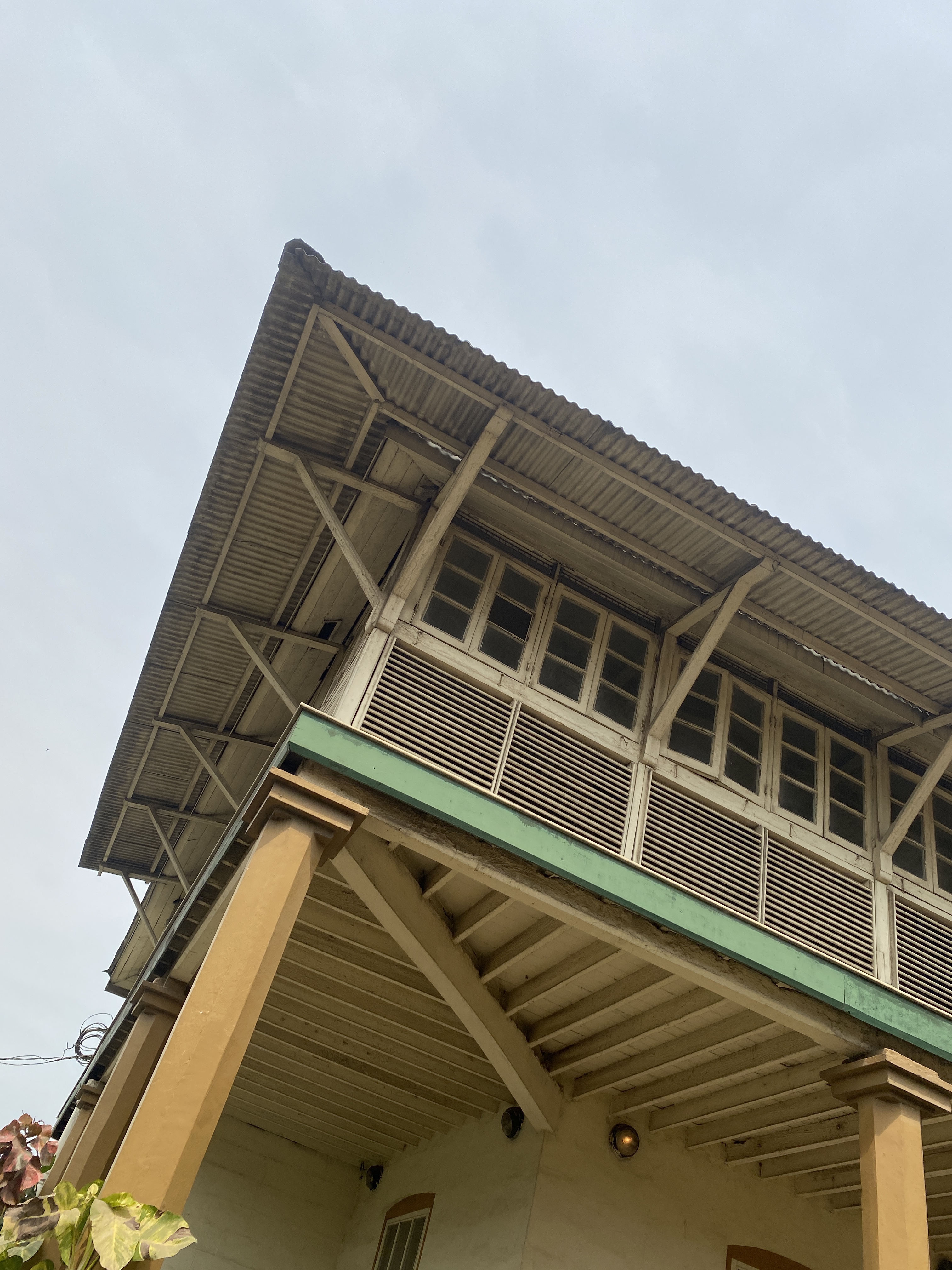
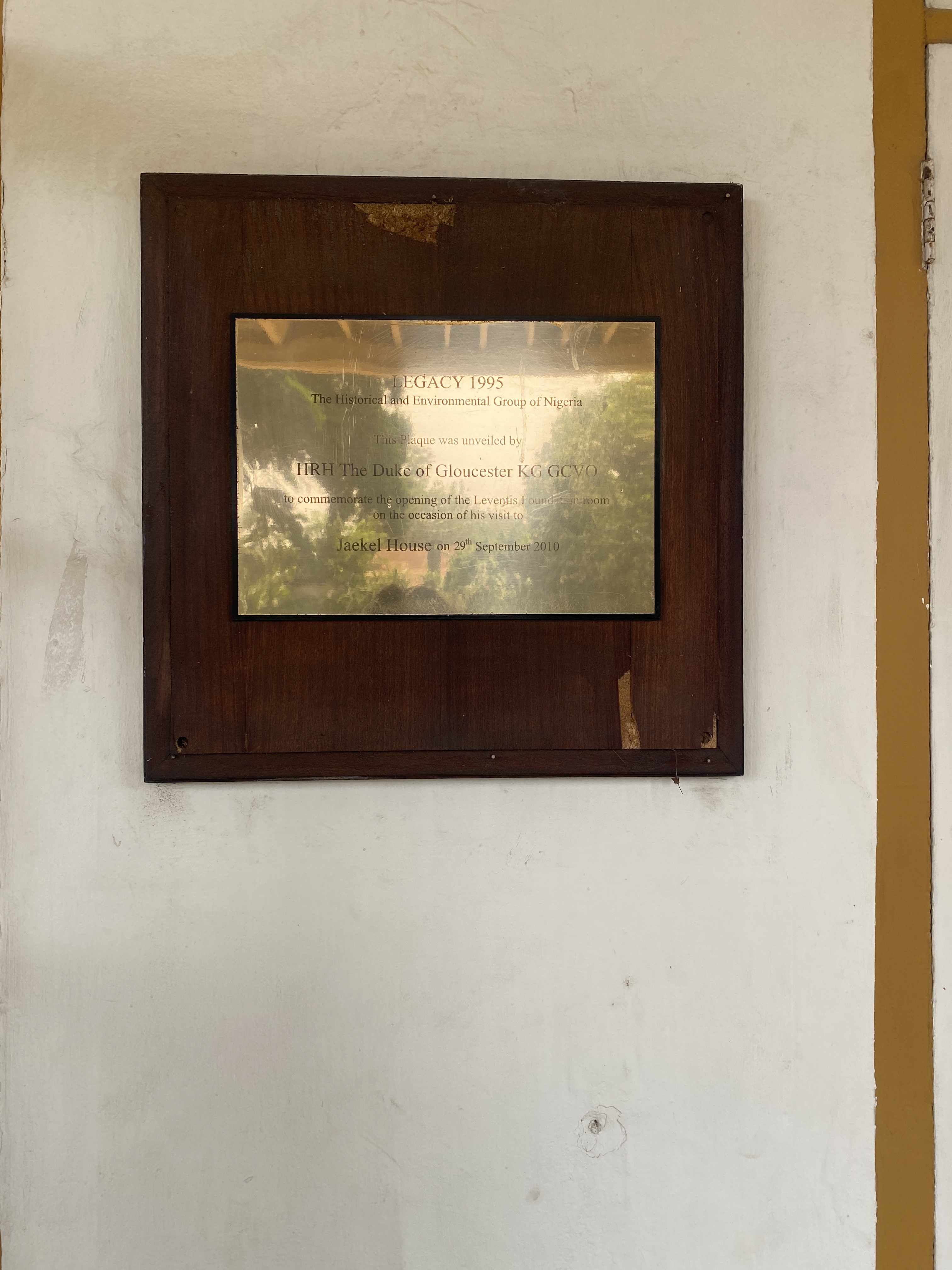

We began with a tour of the compound.
He showed us old equipment for making the train tracks and old train tracks that had been installed for educational purposes. He also showed us a pump trolley which was nicknamed ọlọ́mọ́ kú ìyá because Nigerians would often do the strenuous work of pumping while the white official sat in front. He also showed us the training bicycle and a train wagon that were all used by railway workers to make repairs on the railway. There was a water pump installed that was used by the steam locomotive. The house also had a beautiful garden that is often used for photoshoots, video shoots and small events for a fee.
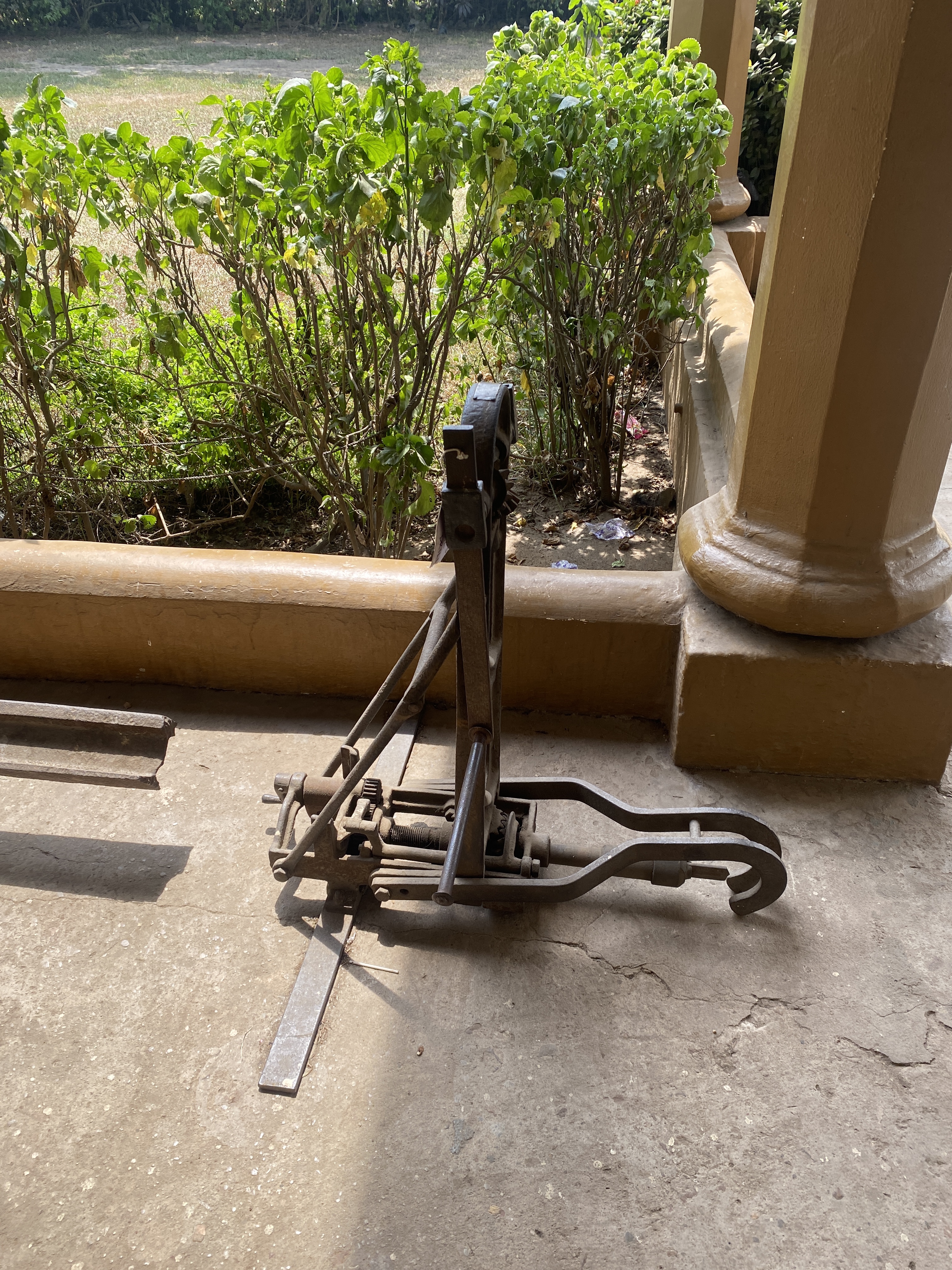
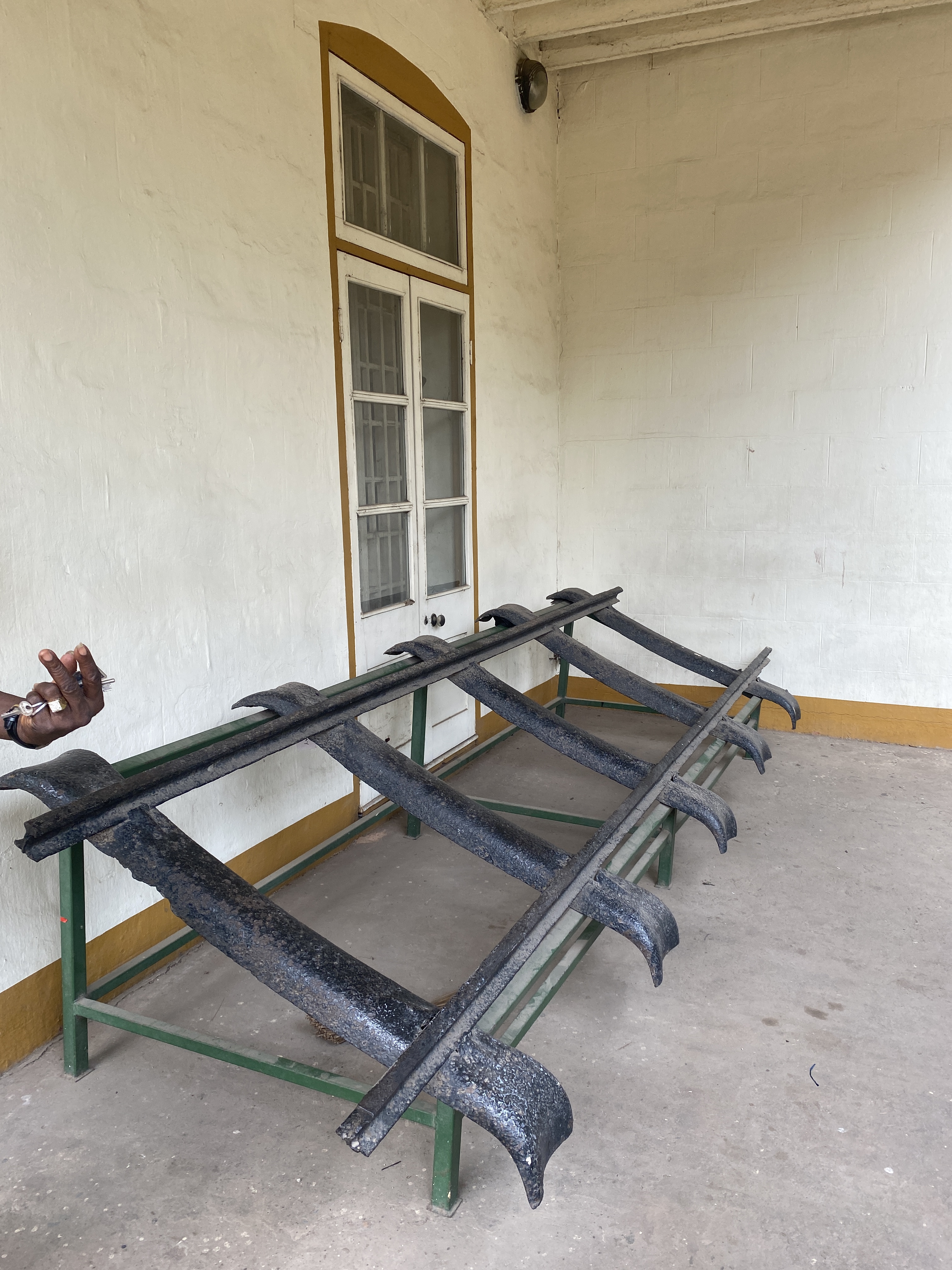
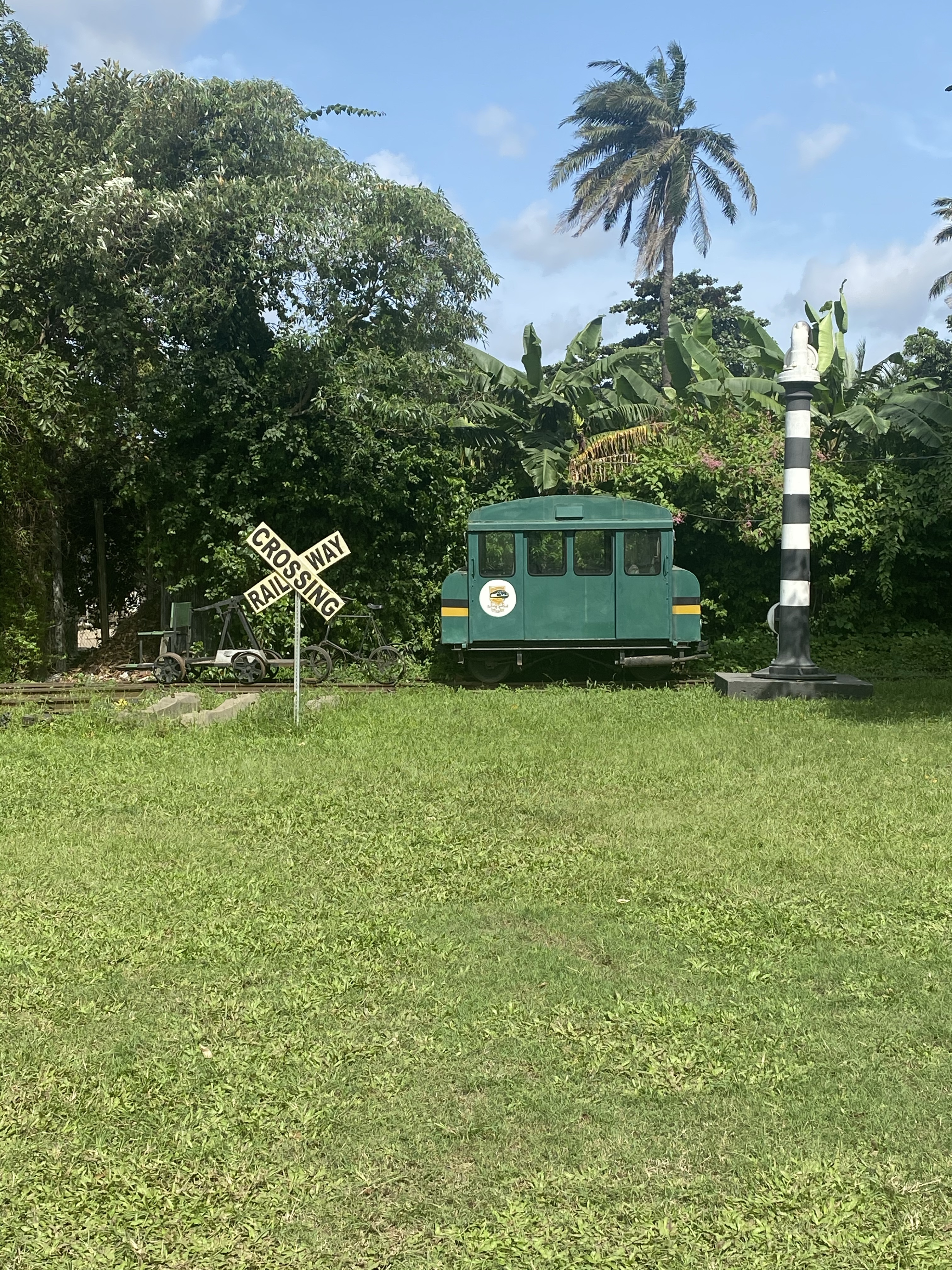
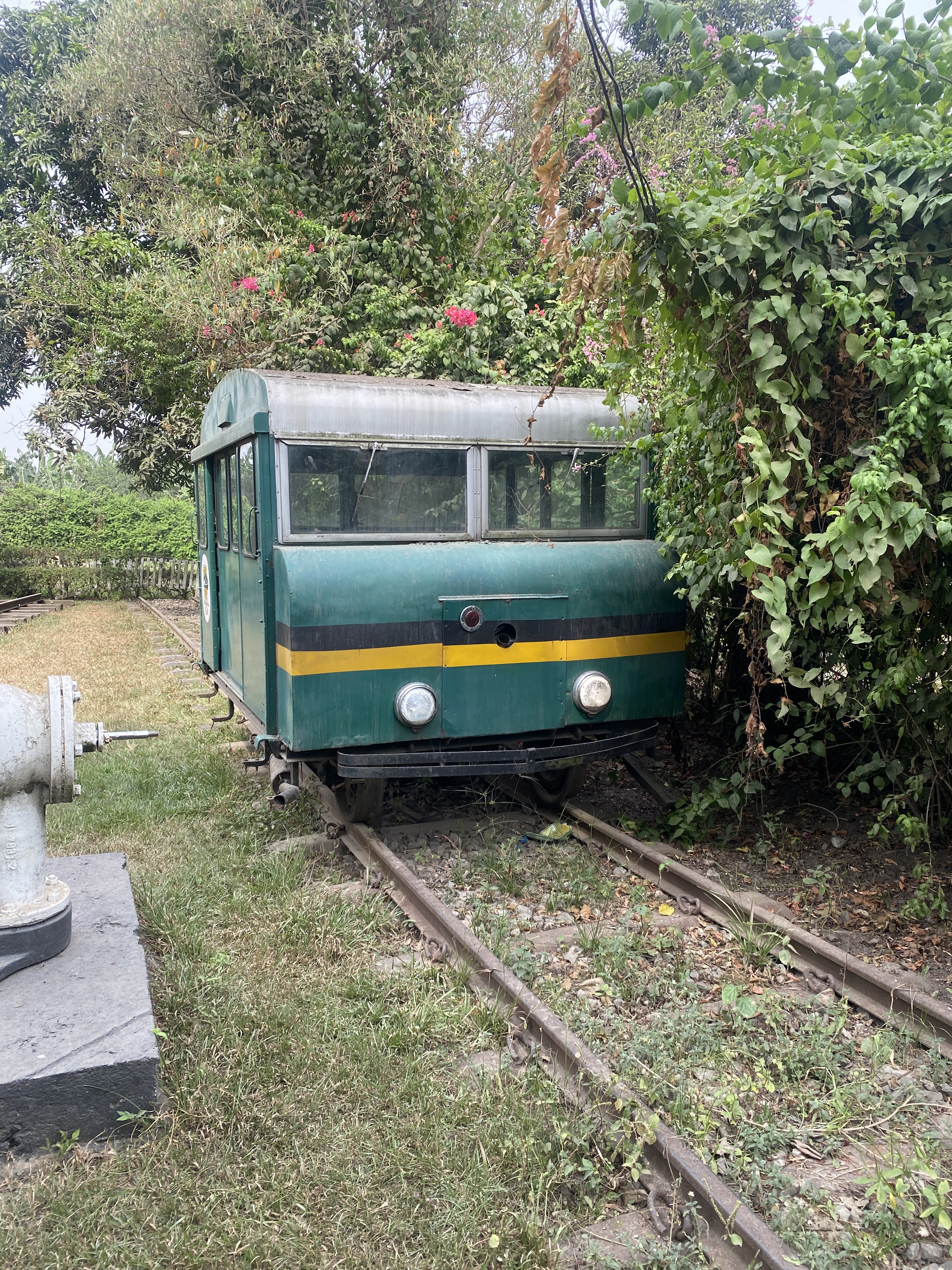

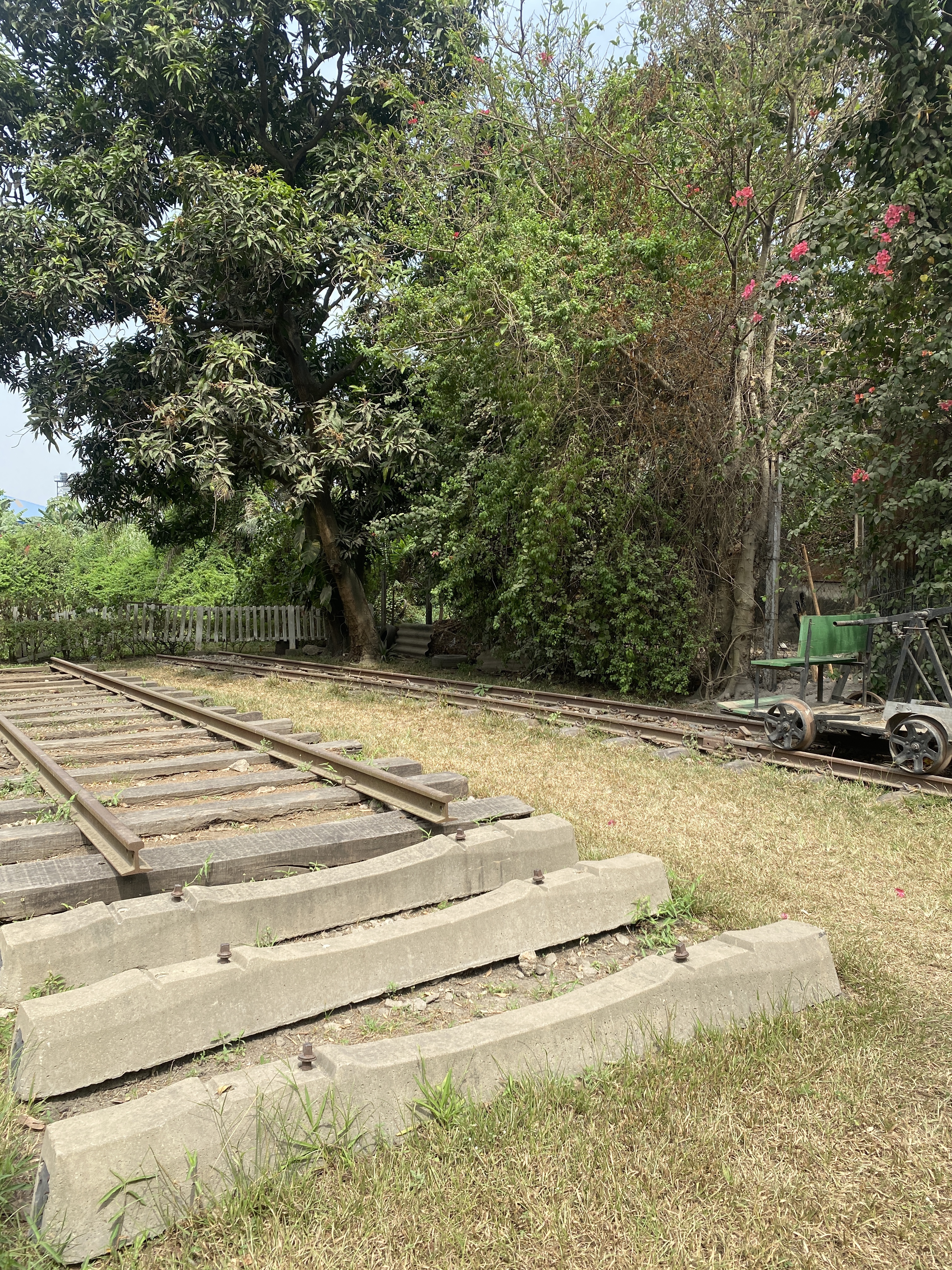
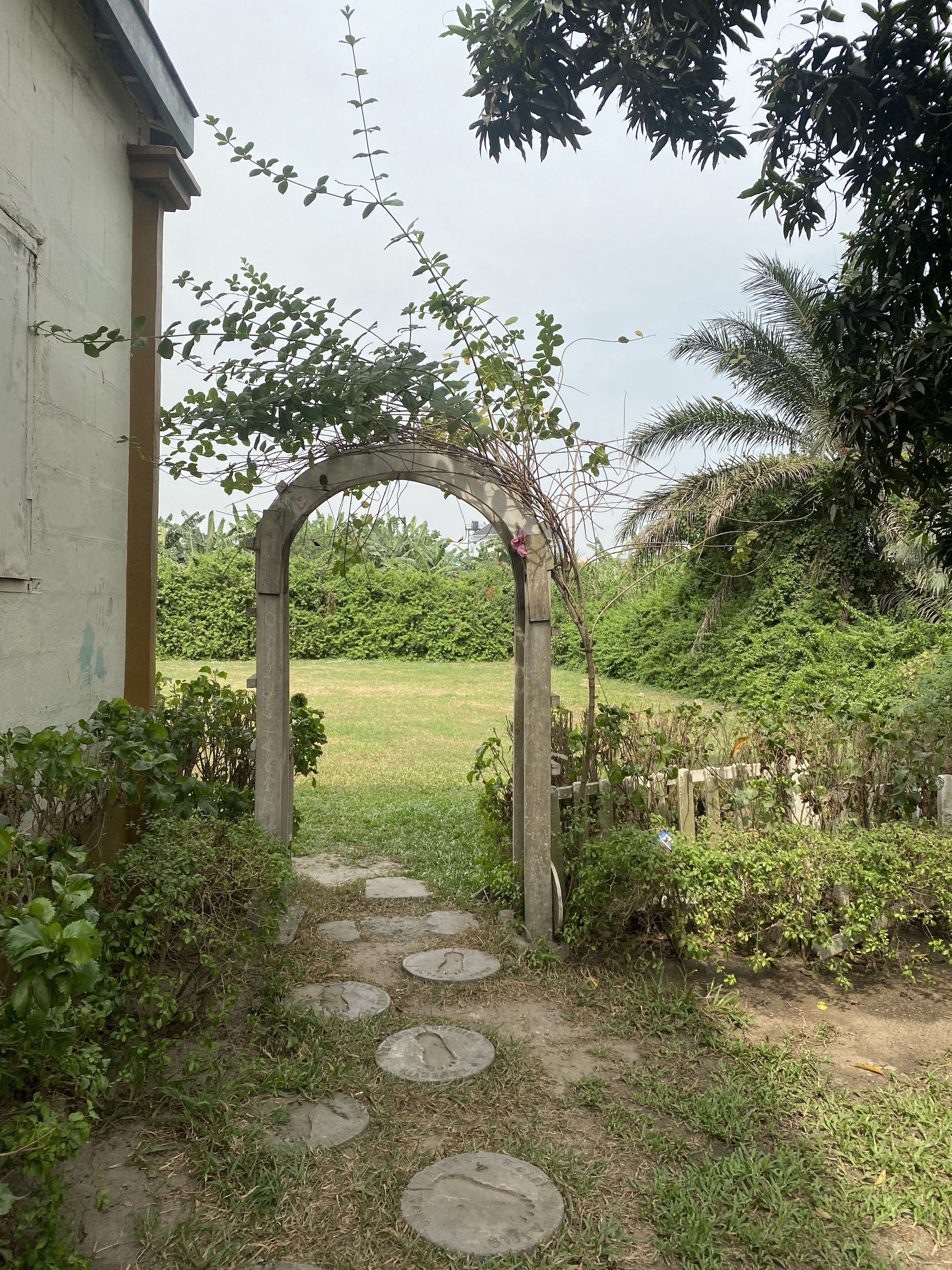
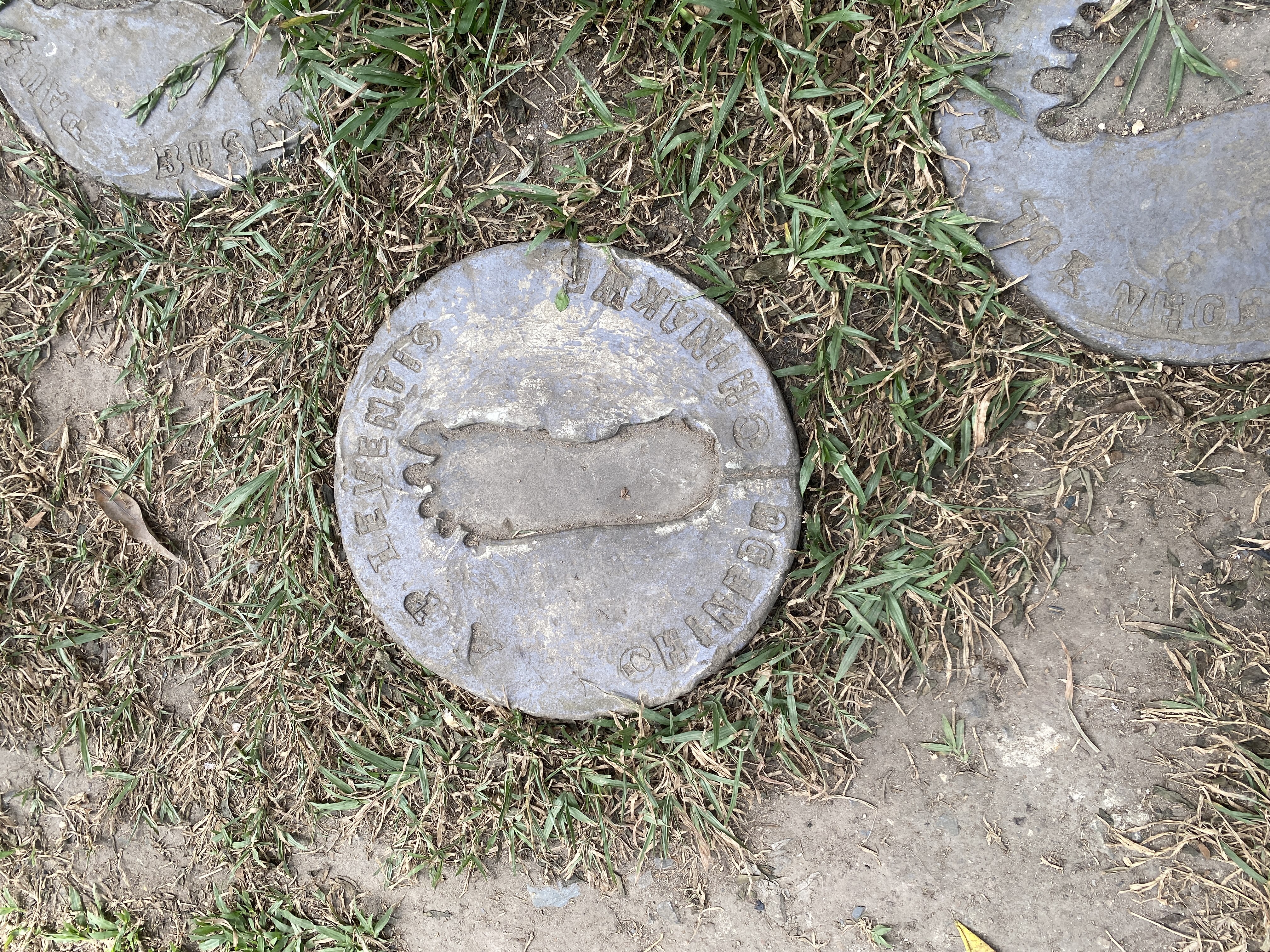
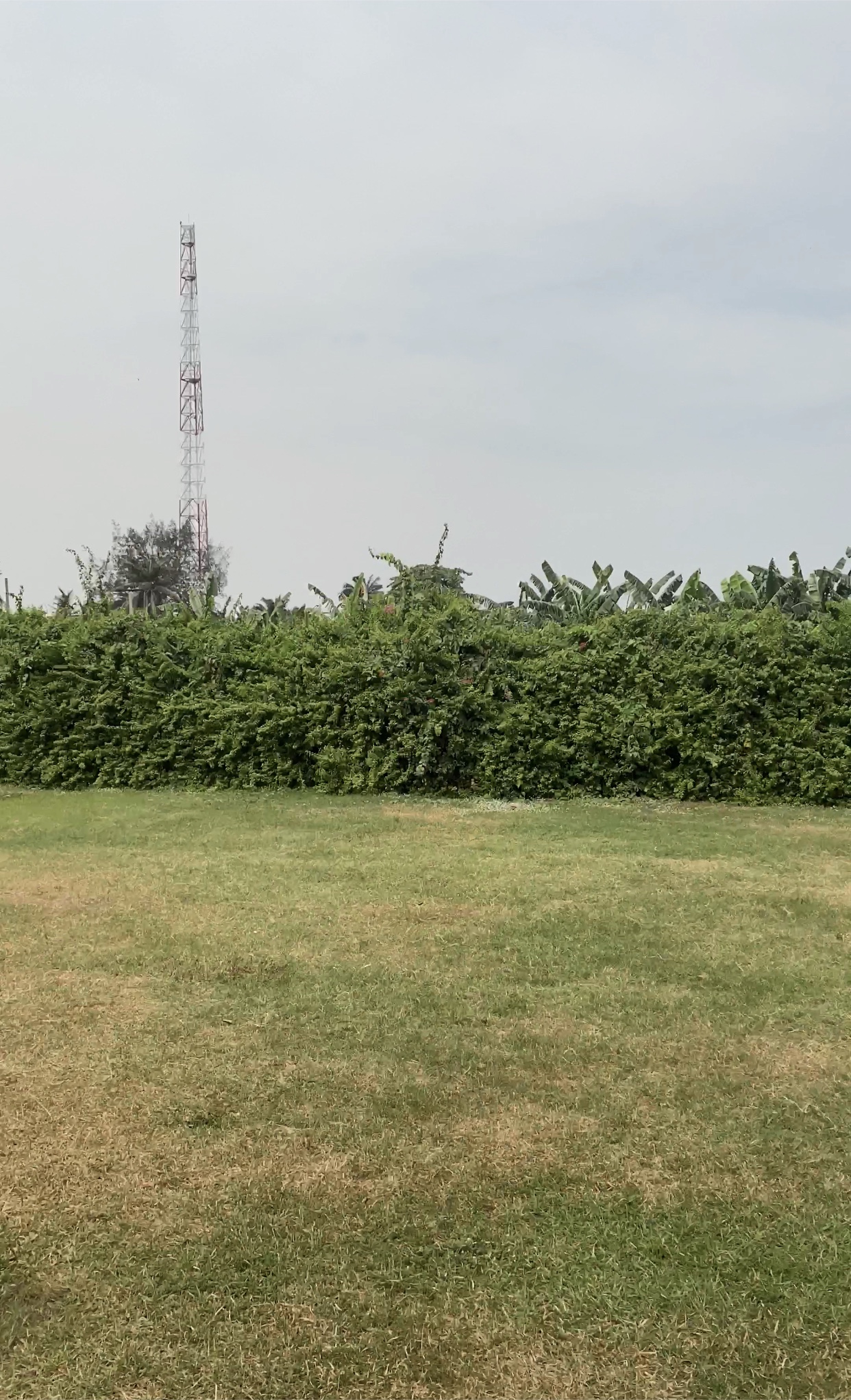
We headed inside. The house was restored in 2010 by Green Legacy Group with funding from BG Exploration and Production Limited The building was designed in British Colonial architecture with wooden shutters, a pitched roof, and multiple pillars.
The living room had been converted to a meeting area and a shop. The dining room was Mr Adewale’s office. There were photographs of the directors of Green Legacy Group. and a map of the museum. There was also a map of historical locations in Nigeria which I ended up purchasing for 2500 naira. A plaque commemorating Nigeria’s independence was installed at the home of the British High Commissioner in 1961.
The first floor of the building had most of the artefacts. Two bedrooms had been converted to display the items. Unfortunately while taking pictures, we were informed that pictures were not permitted on this floor. So there’s only one photo of that space. The museum housed so much fun stuff from the Nigerian railways’ history. Trains are such an efficient means of transportation. They move large numbers of people at the same time, they do not clog the roads and they are great for carrying goods. My parents always talk about taking the train when they were younger. My dad even sent a car to Jos on it.
Behind the glass, there are train master’s hats, uniforms, dining sets from the train, horns and a lock and key system that was absolutely fascinating. There were pieces of building material from the building before it was restored. There were also storyboards on how the railway developed and its impact on economic and social development in Nigeria.
There was a room dedicated to the history of Nigerian architecture and Green Legacy’s efforts to preserve this history. To serve this purpose, they also renovated Lumpkin House, Abibi Oku in Lagos Island and hope to do more. Mr Adewale informed us that the larger museum was closed for renovations and it housed remarkable objects like the train Queen Elizabeth boarded when she came to Nigeria. Before I forget to mention, there were lots of pictures of Nigerians and their interactions with the built environment. I wish I could have taken pictures. There was also a vintage toy train set that had been donated to the museum as well as stones from a certain professor’s trip to the Saharan desert.

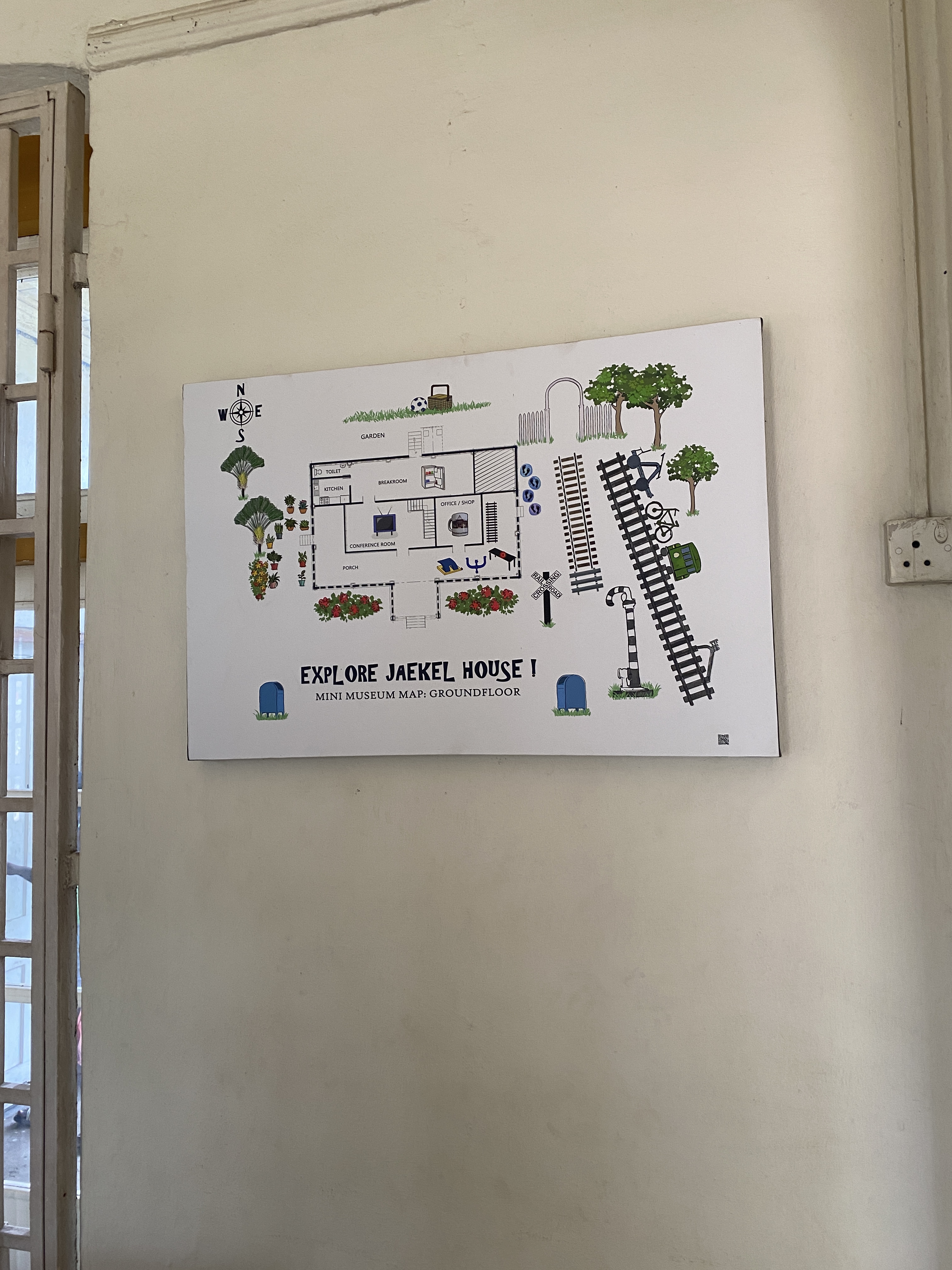
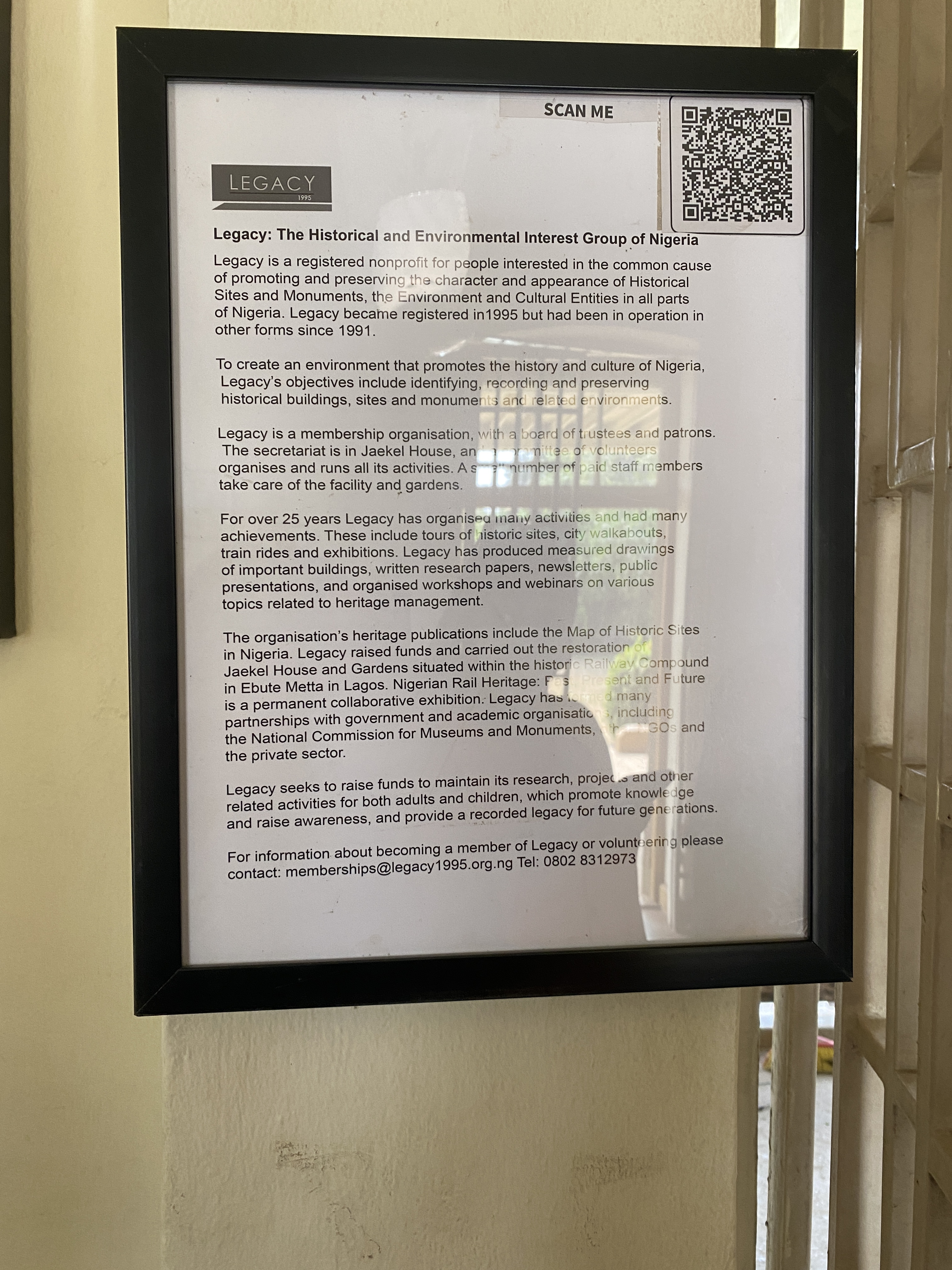

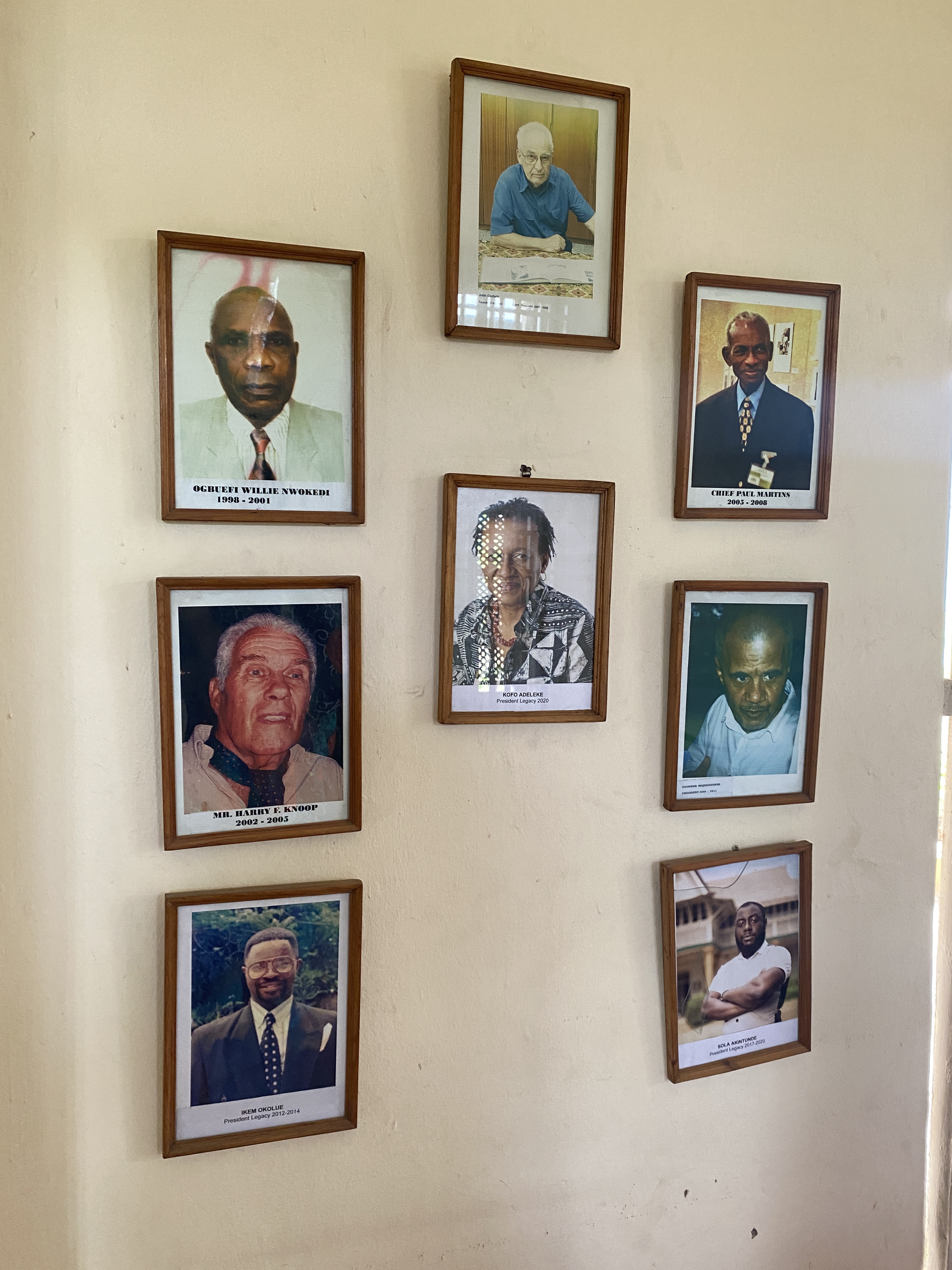

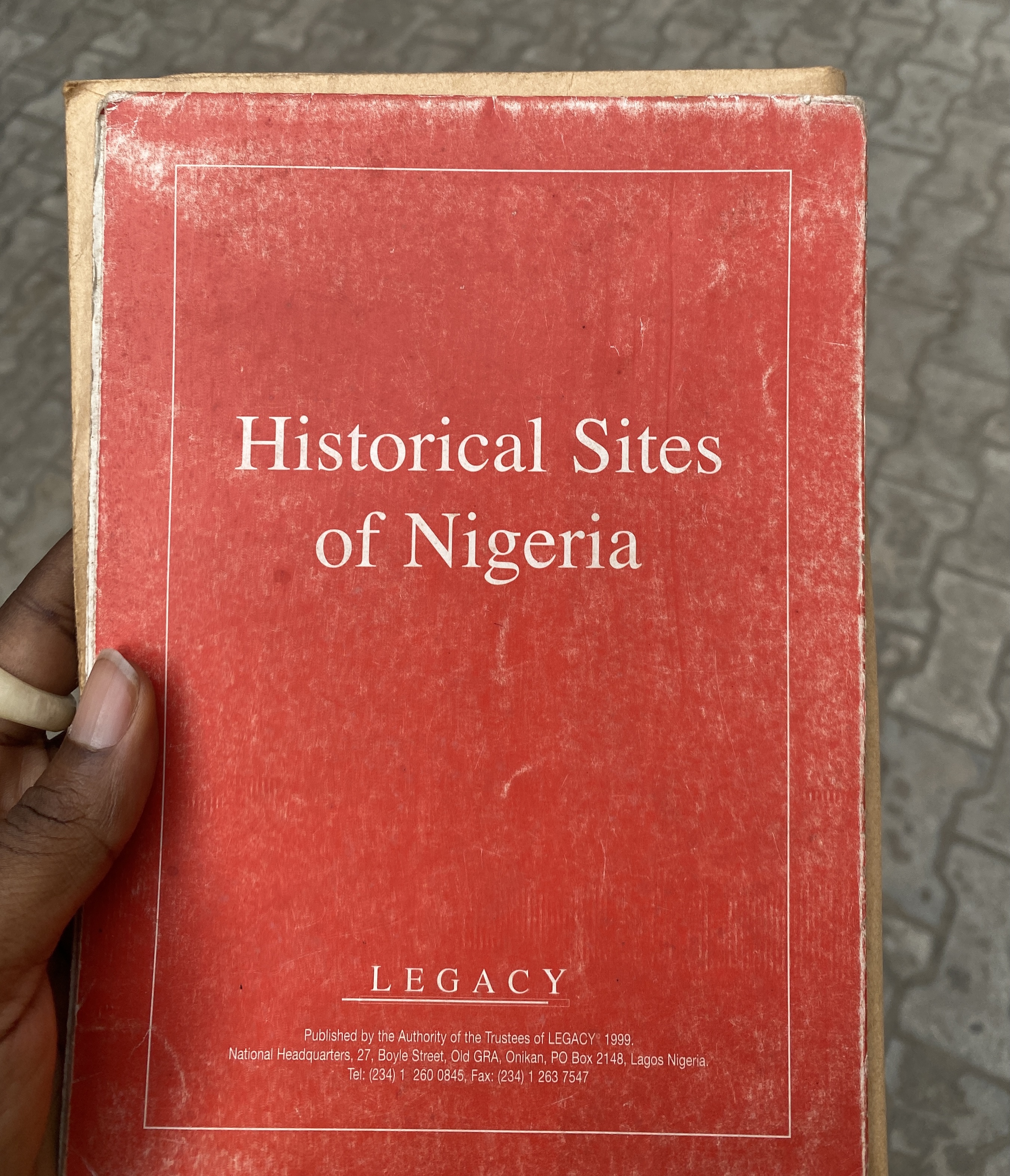
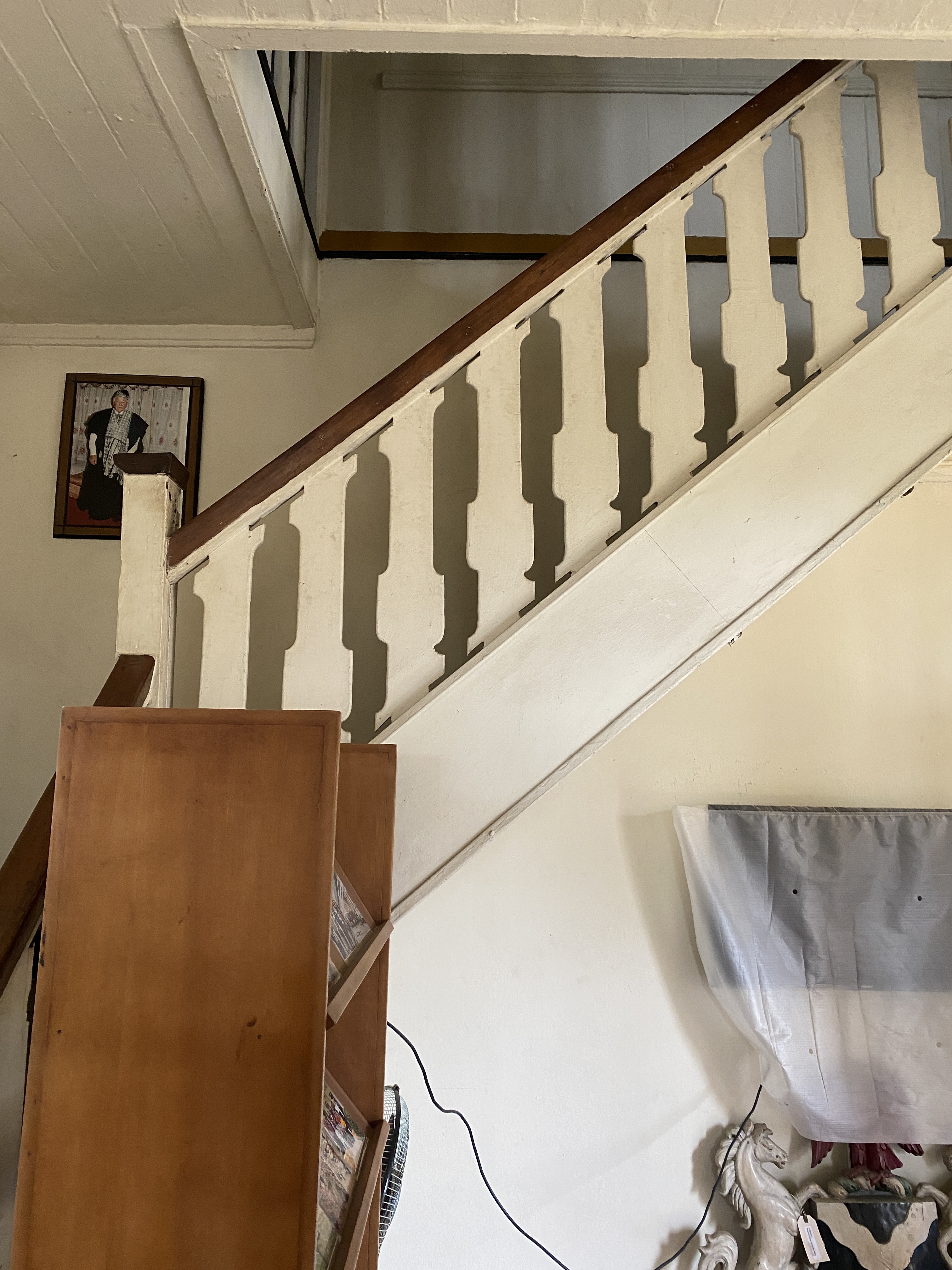


After the tour, my friend and I took pictures and we left.



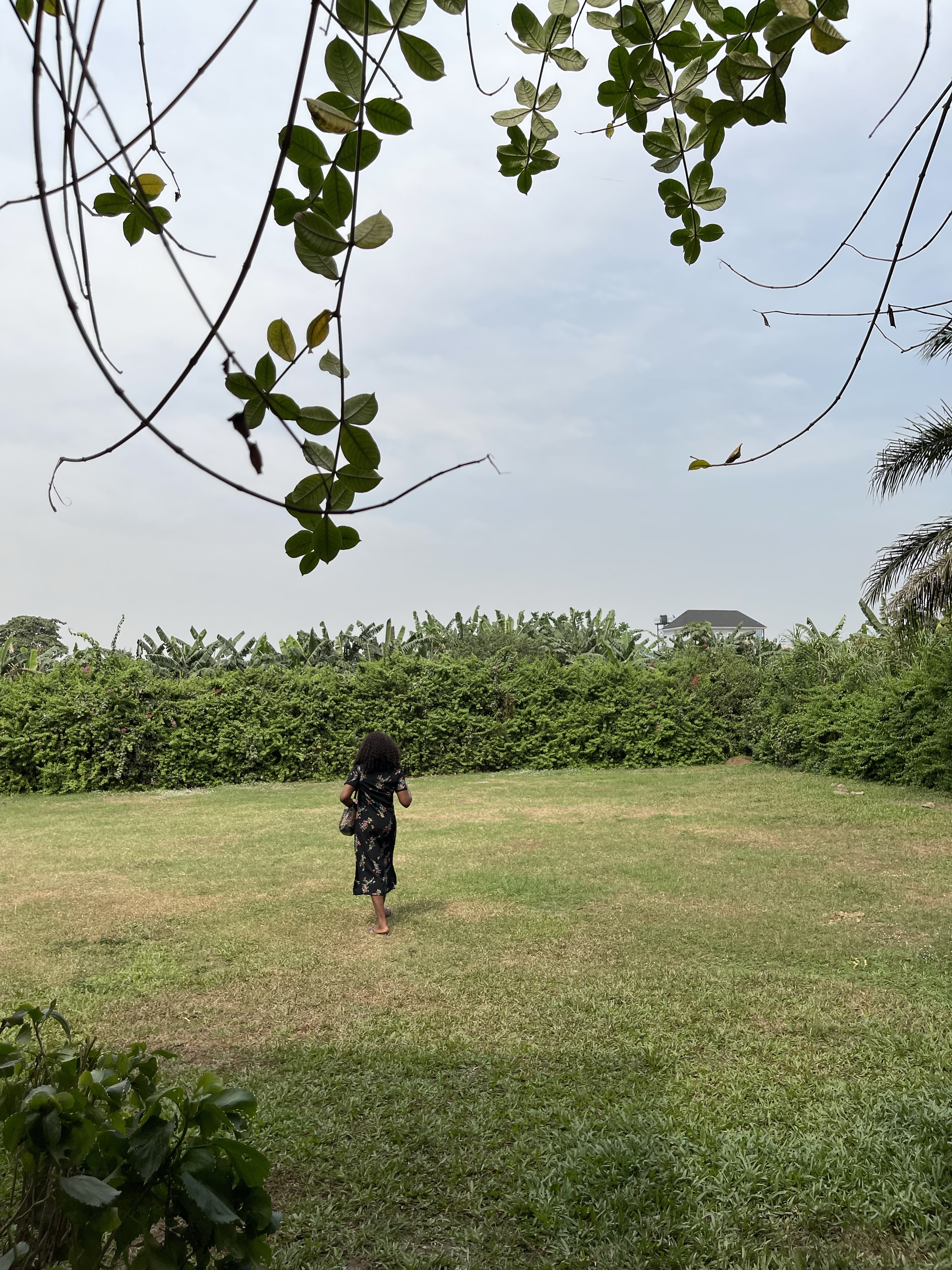

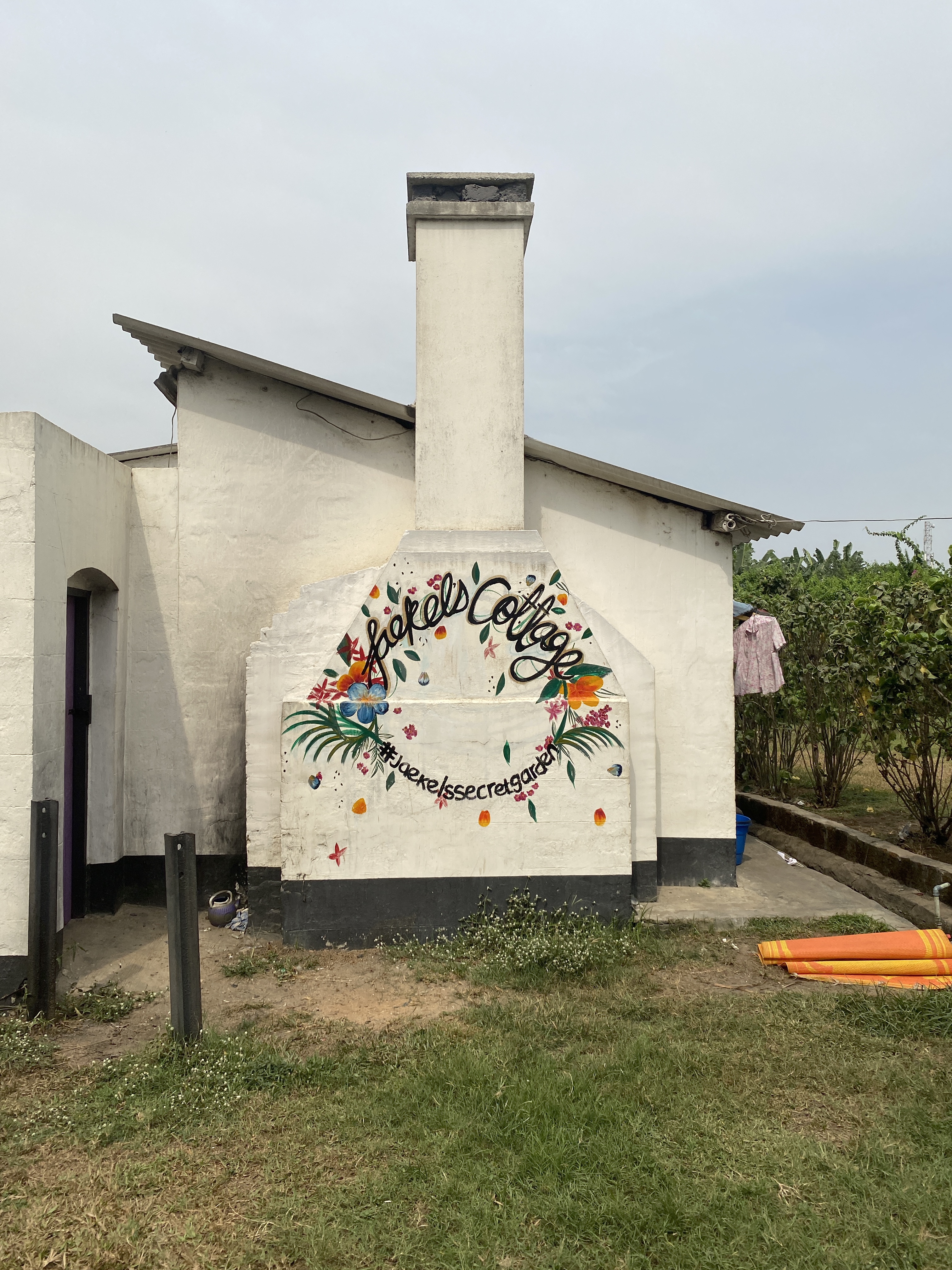

I enjoyed my experience at Jaekel, it was a good reminder that people are doing the very important work of archival. Transportation and its development are integral to the history of Nigeria. For example, train stops were said to create micro-economies which sometimes led to the creation of new towns. So, it’s most important that people are reminded of how we go where we are and everything that it took.
I believe you can visit Jaekel house Monday through Saturday. However, I have no idea when they open or close. I went at midday just to be safe.
What do you know about the history of Nigeria’s railway? Have you been to Jaekel house? Let me know!

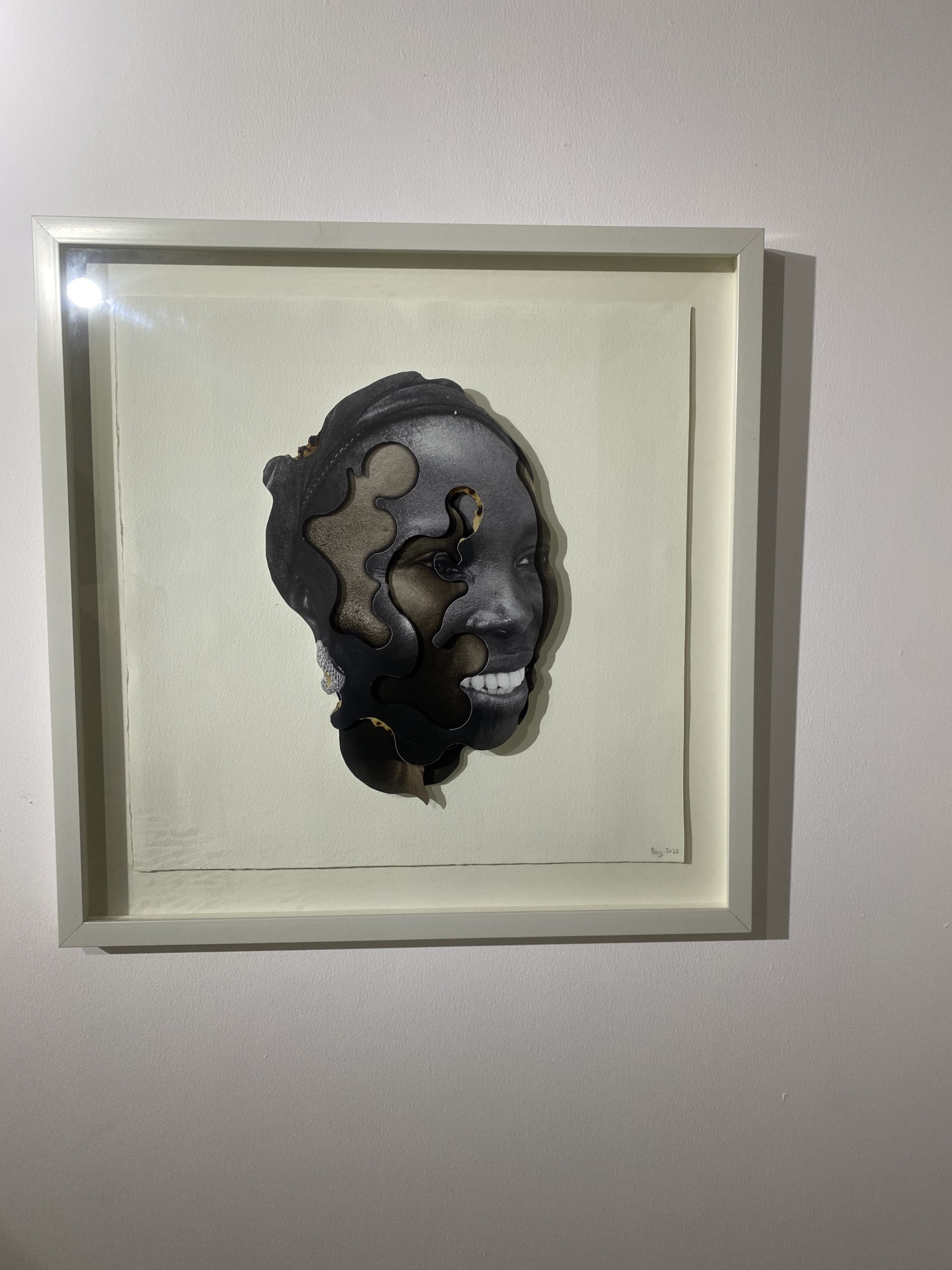
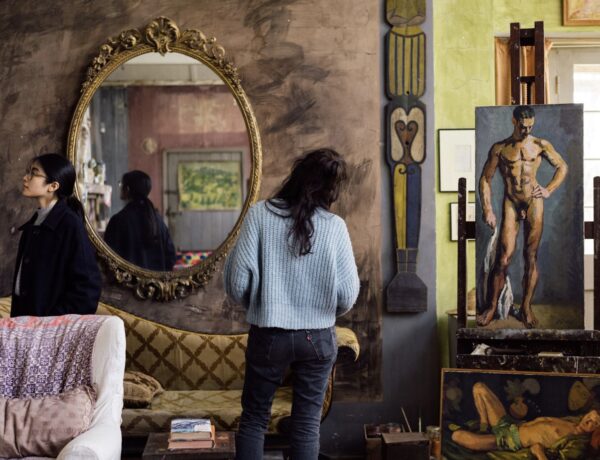
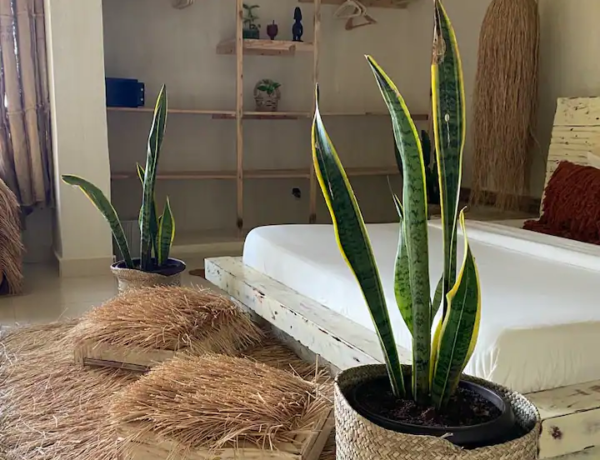
4 Comments
Ayomikun
February 18, 2022 at 5:15 pmThis looks really good. I like how descriptive you are. Please, are cameras allowed?
oluwakemiagbato
February 19, 2022 at 10:44 amThank you for reading. They are allowed but it will cost you extra. Not sure how much exactly.
Damilola
September 8, 2022 at 8:41 pmPlease do you know how much it cost to rent a space at jaekel house for picnic
oluwakemiagbato
September 8, 2022 at 8:47 pmNo, I don’t. But you can ask their caretaker Mr Adewale. Here is his number- 0802 831 2973